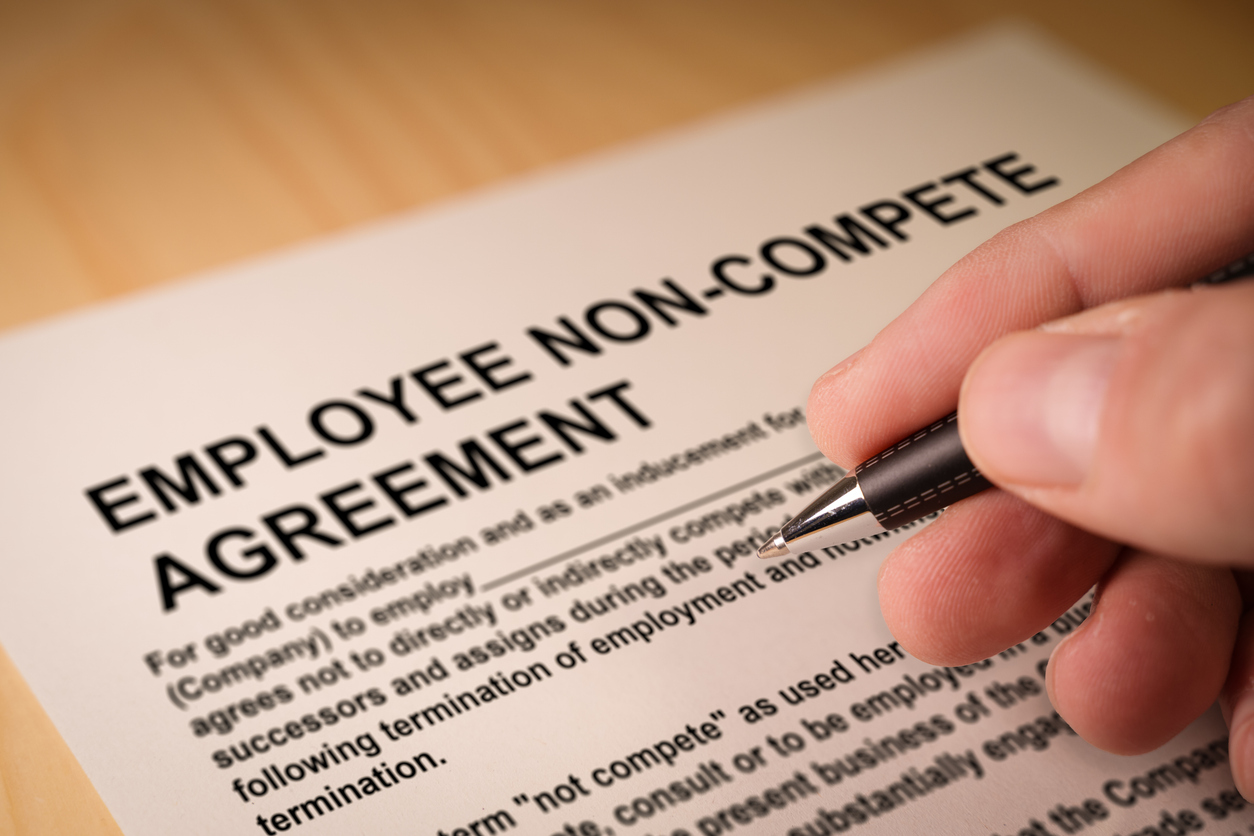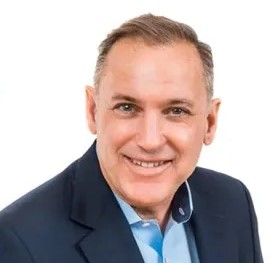The last thing public adjusters need is another class on the unauthorized practice of law as a substitute discussion for professional behavior. On Thursday, I will present a speech regarding professionalism at the National Association of Public Adjusters Annual Meeting. The title, "Fantastic Adjustment Results through Professionalism and Ethical Conduct: Tips from the Masters and Lessons from the School of Hard Knocks" fairly explains what I think is the most important issue facing the public adjusting industry in the long term.
This has been a year long study for me, and the point for all of us is that professional conduct leads to better results and a more satisfying life. The problem is few works truly break down exactly what professionalism consists of and how it drives results for individuals and organizations. Some may say that it is common sense. From observation, I am convinced that some ignorantly believe that professionalism is for losers.
Jim Beneke, a past president of NAPIA, wrote me a letter on professionalism that I hope he will allow to be published in its entirety. Part of what he wrote explains how teaching and mentoring make the teacher and mentor much better for the effort. He stated:
…about a year ago, I hired a young, trainee adjuster, Matt Thannisch. He has a very bright future in this business. I promise you that you don’t have a good appreciation for what you know until you have to explain every step you take every day of the week. Having worked more or less alone for almost 20 years, I have developed a routine and habits that just come naturally to me. Being responsible for a young adjuster has caused me to take stock in what we do, and focus on issues that I had long since left behind.
…over the last year, I have been involved in the reemergence of TAPIA, and am the current President. Historically, TAPIA has been made up of "experienced" adjusters who have practiced in Texas for years. This time around, the group is made up, primarily, of new public adjusters. Every meeting is an eye opener (one guy wanted to know why we couldn’t add 10 and 10 to our fee!), and is a reminder that what we really do is take care of the small details in making sure that our clients are treated fairly.
All of us pride ourselves on the biggest of our successes, but it wouldn’t hurt any of us to step back and take a look at what we are doing through the eyes of a newcomer. I think it will surprise you what you learn.
I look forward to more discussion on the topic of professionalism and to my presentation of this important topic on Thursday. Since my presentation is in the Los Angeles area and one of my favorites is the recently deceased John Wooden, this may be of interest to those making it this far:



